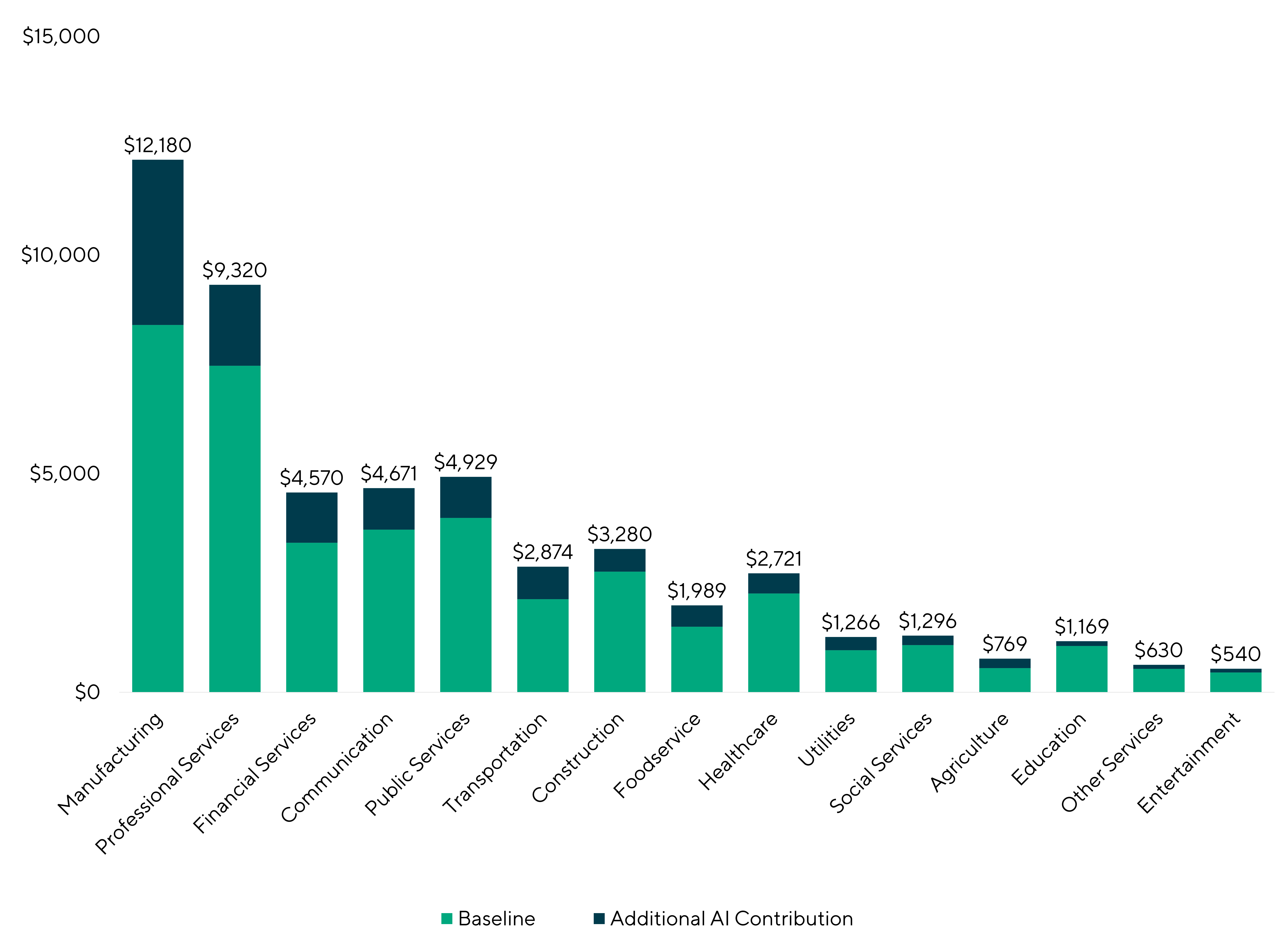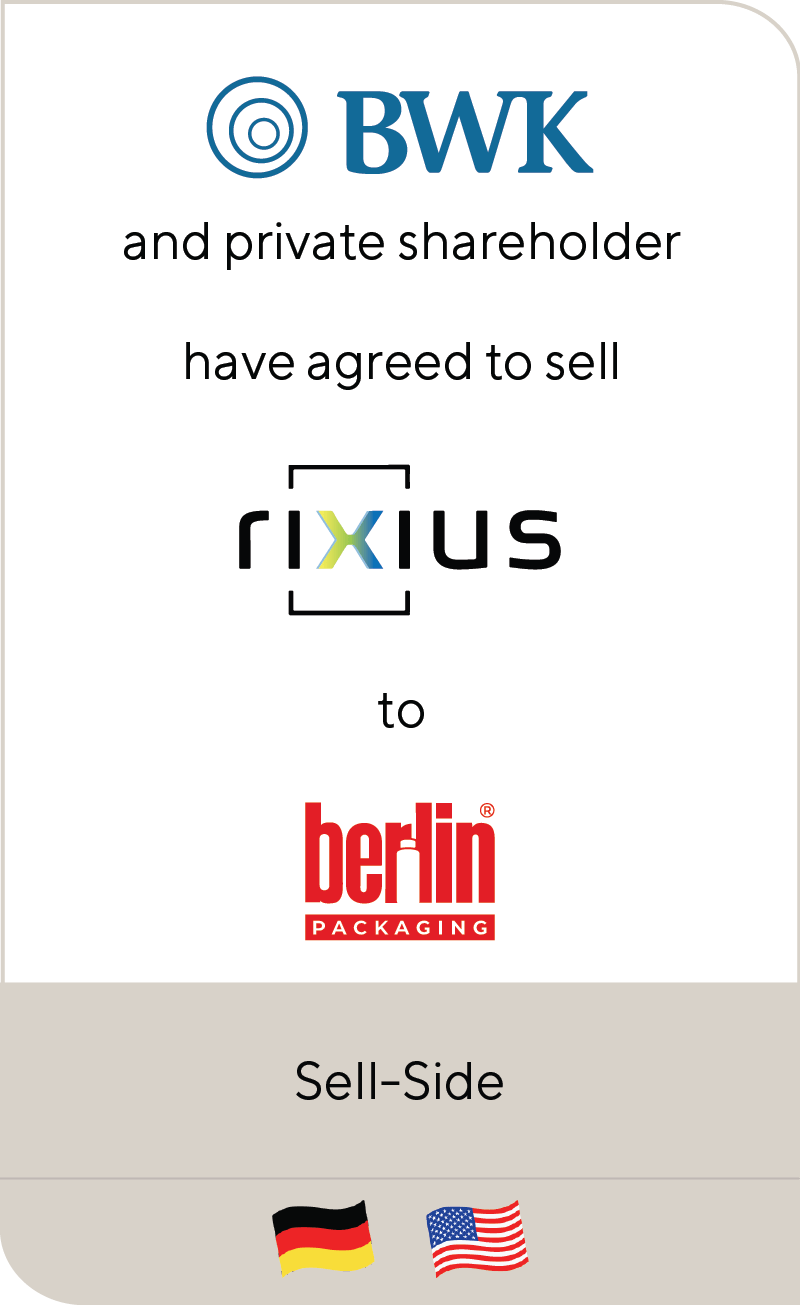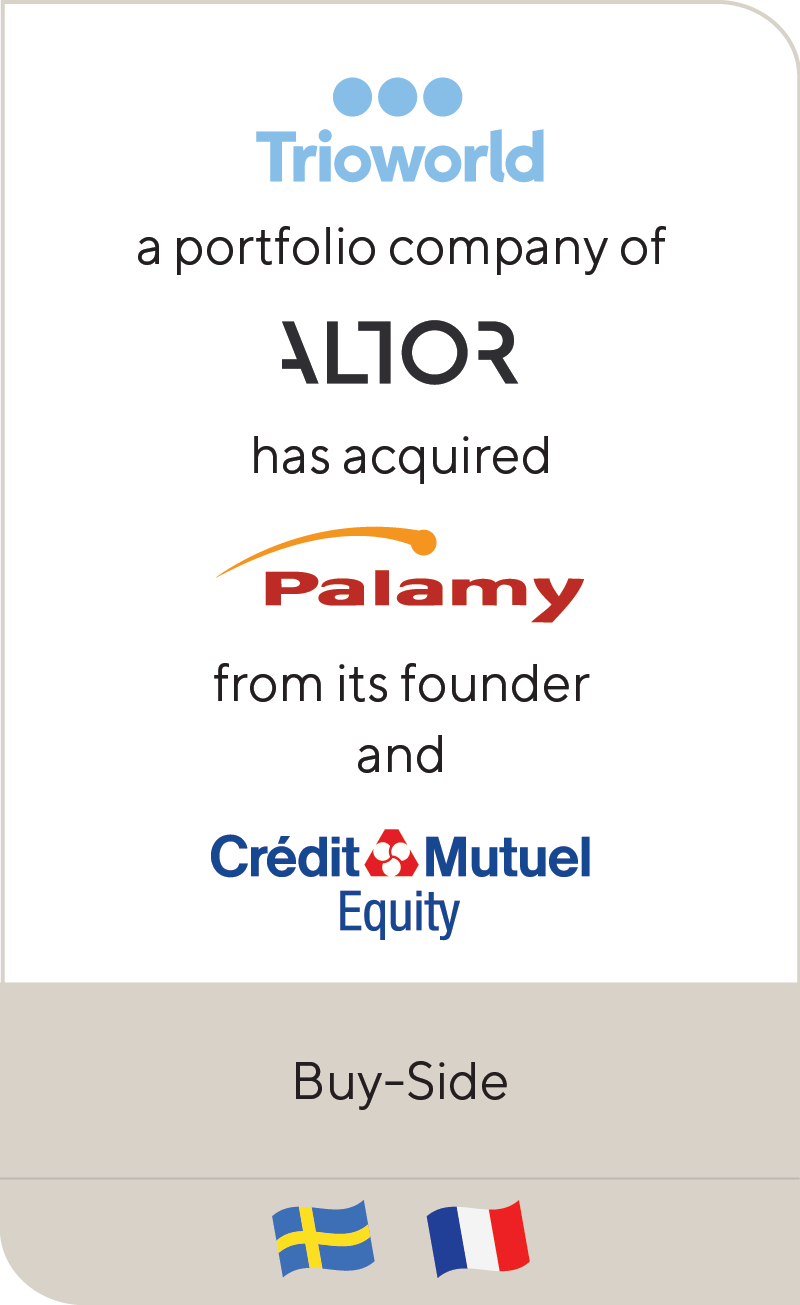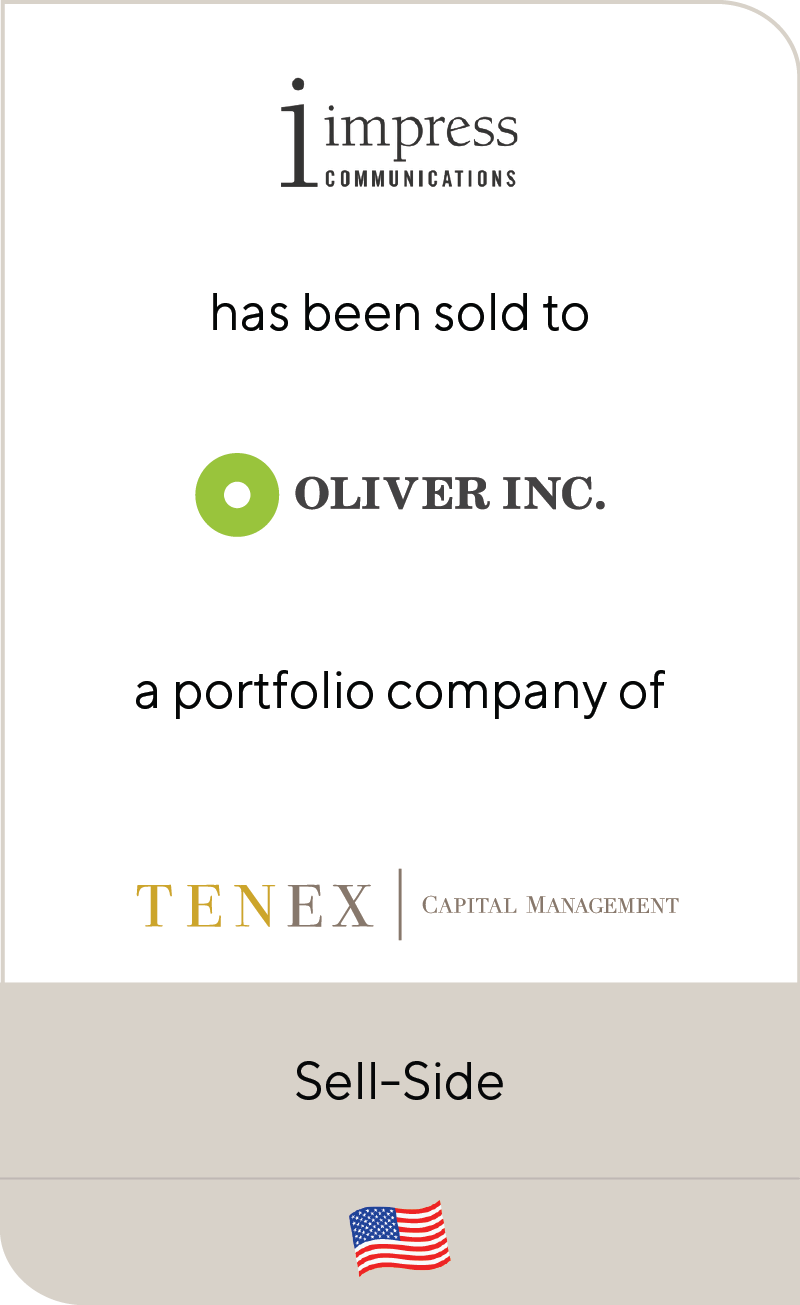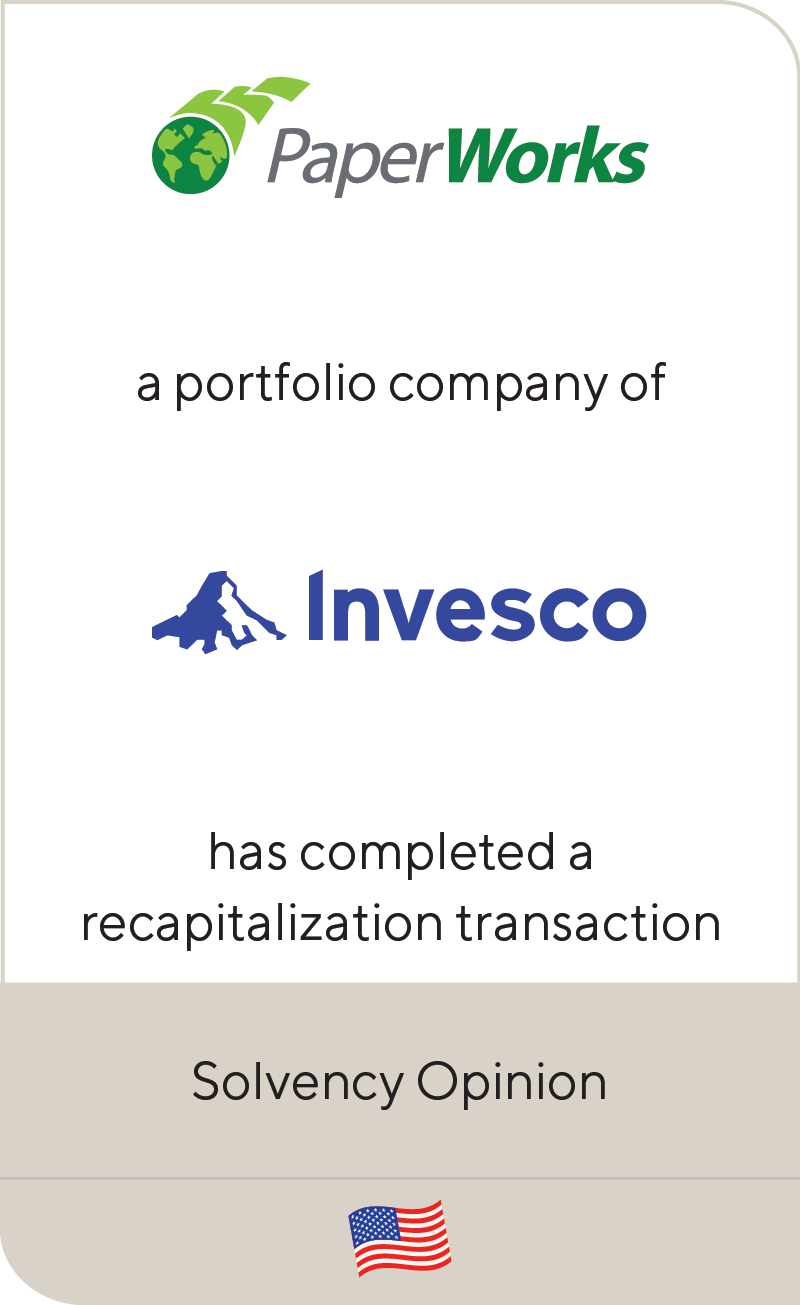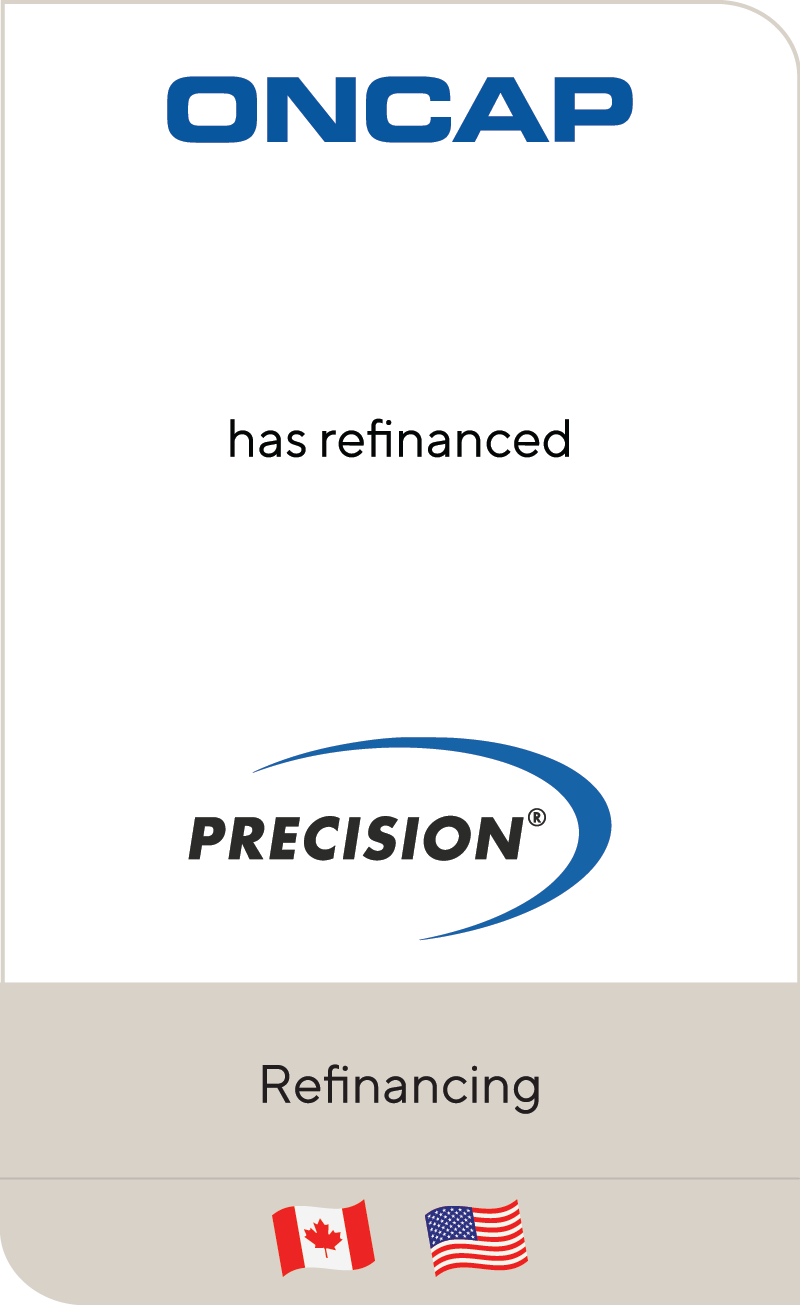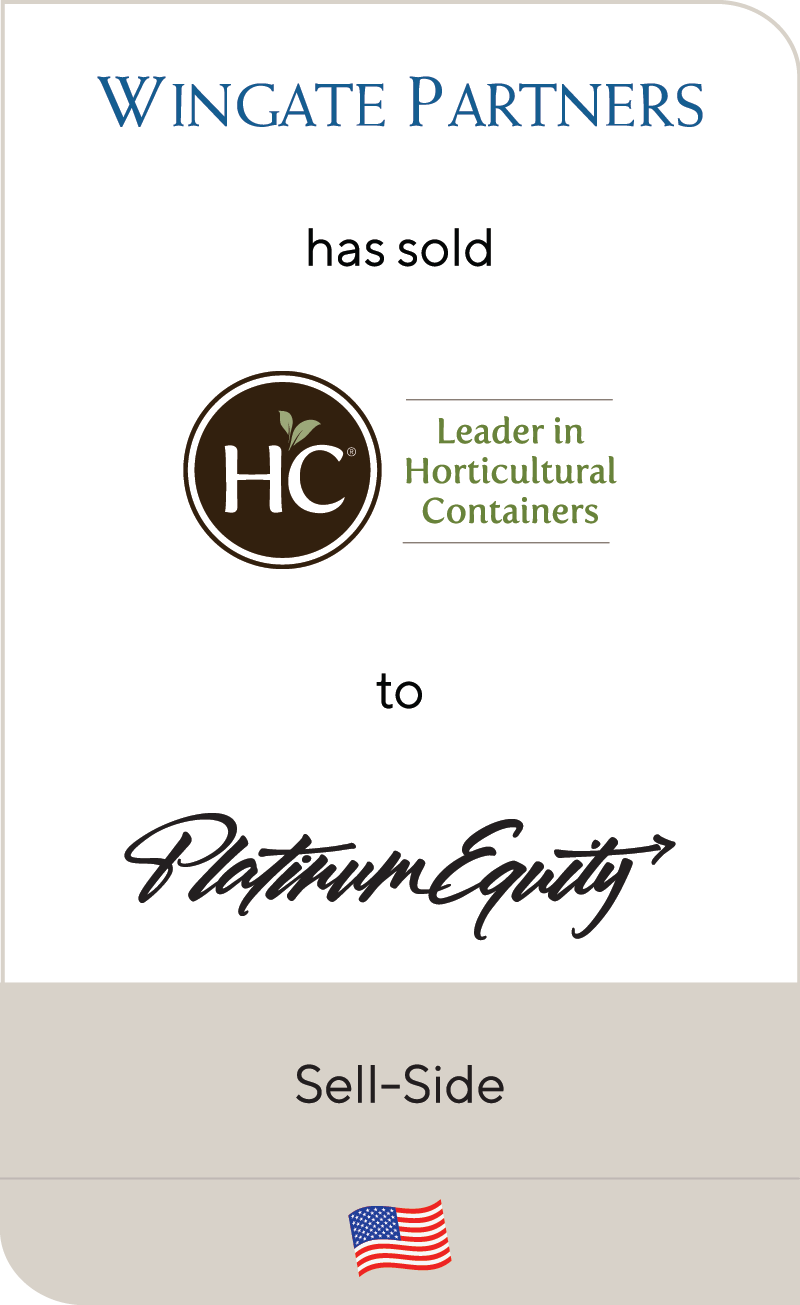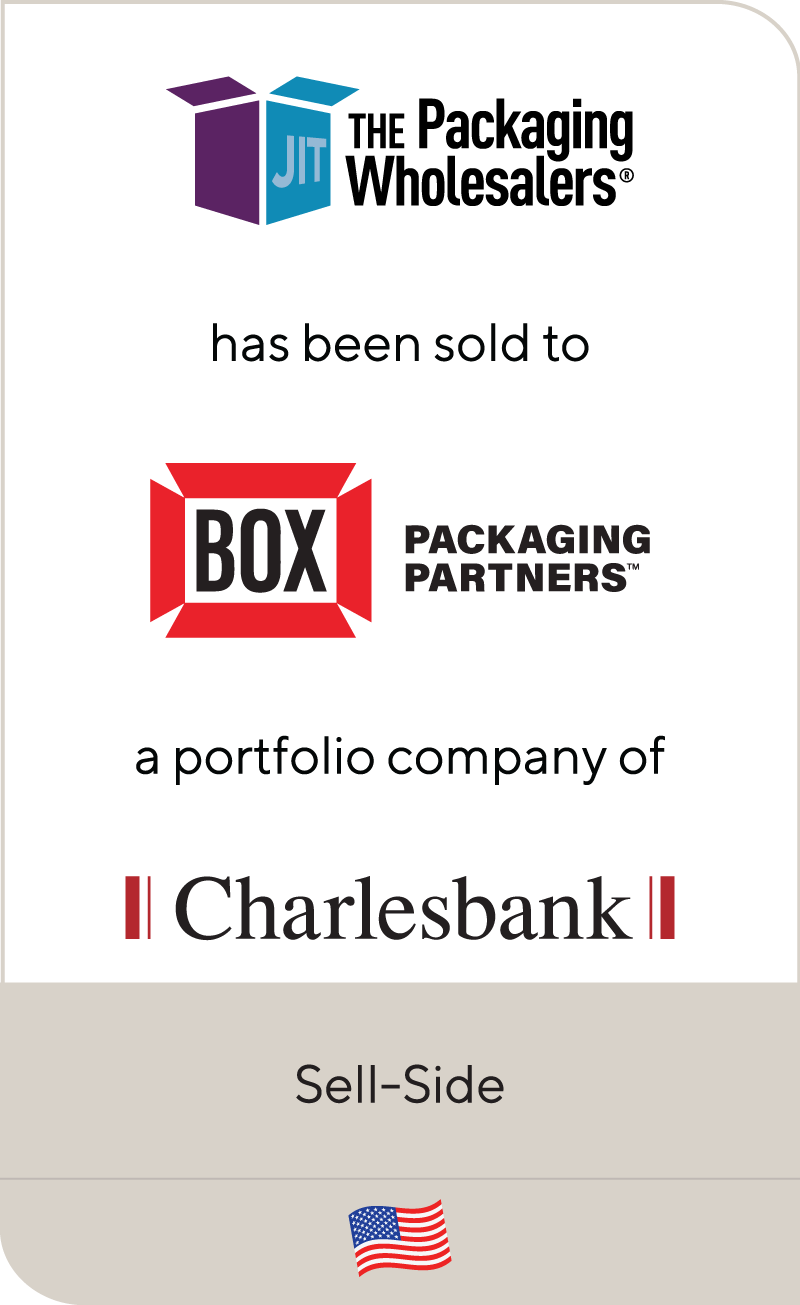Smart Packaging: How AI is Changing the Game
| Over the last several years, the packaging industry has undergone significant transformations driven by rapid advancements in technology. From the introduction of innovative materials and sustainable practices to automation and smart packaging solutions, technological developments are revolutionizing how products are packaged, stored and transported. As consumers look for convenience, sustainability and product safety, the packaging industry is leveraging cutting-edge technologies to meet these needs while enhancing efficiency and reducing costs. |
Summary
-
Lincoln's professionals outline the value AI brings to packaging and how companies can capitalize on this momentum through M&A.
- Click here to download a printable version of this perspective.
- Sign up to receive Lincoln's perspectives
One example of this transformation is the intersection of depalletization systems and artificial intelligence (AI) technology. These systems enhance the efficiency and safety of e-commerce fulfillment and warehousing operations and can handle packages of various sizes more efficiently. Automated depalletization has long been available for uniform pallets, but new systems allow for the depalletization of mixed-size packages. AI machine learning helps assess stacking so the equipment can prioritize which packages to move and respond accordingly to damaged ones. Robotic depalletization systems safely unload pallets and deliver up to 40% cost savings when compared to manual labor, with scalability savings as well.
Additionally, factory automation offers businesses a viable option to enhance operational efficiency and decrease labor costs. The integration of collaborative machines in the packaging industry promises enhanced production optimization, data gathering and return on investment. Due to the distinguished success Berry Global realized through the implementation of AI within its manufacturing capabilities, other industry leaders are looking towards mergers and acquisitions (M&A) to quickly ramp up their own technological capabilities. Upskilling employees to operate machine software is viewed as key to becoming an industry leader.
Amazon developed the AI-powered Package Decision Engine to improve efficiency for customer orders, aiming to optimize packaging matches, reduce waste and enhance delivery. By combining deep learning, natural language processing and computer vision, the model adjusts packaging needs for items based on fragility and protection requirements. This innovation supports Amazon’s sustainability goals, significantly reducing packaging material use, and was adopted globally due to its scalability compared to prior manual methods.
AI is set to revolutionize the manufacturing industry by enhancing efficiency and precision. With AI-driven automation, repetitive tasks can be performed faster and with fewer errors, reducing costs and increasing productivity. As seen in the below chart, the manufacturing industry is expected to realize the most benefit from the new technology. While companies continue to adopt AI, they will continue to refine and optimize their production to align with the new opportunities available.
Value Added from AI by Industry
($ in billions)
Source: Accenture
The technological advancements in the packaging industry are reshaping its landscape, offering unprecedented opportunities for innovation, sustainability and efficiency. Leading companies, like Amcor and Smurfit WestRock, are looking to M&A as an effective strategy to rapidly increase their technology capabilities. As technology continues to evolve, the packaging industry is poised to further enhance its capabilities, contributing to a more sustainable and efficient global supply chain.
| Connect with a Lincoln packaging expert below to learn more about this trend and how we can take your business to its next success. |
Contributors

I am a rigorous advocate for my clients with a hands-on, communicative approach and provide industry and financial expertise to deliver external perspective and outstanding results.
Luke Webb
Managing Director & U.S. Co-head of Business Services
ChicagoMeet Professionals with Complementary Expertise in Packaging

I enjoy leading clients and realizing their objectives, while structuring solutions to issues that are both intriguing and challenging.
Øyvind Bjordal
Managing Director & Head of Switzerland
Zurich
I take an active role in every stage of the transaction process in order to achieve the goals of my clients.
Iván Marina
Managing Director & Head of Spain
Madrid
I strive to deliver value-added advice, leveraging deep industry knowledge and extensive industry relationships.
Guillaume Suizdak
Managing Director & Co-head of Industrials, Europe
Paris
I am a rigorous advocate for my clients with a hands-on, communicative approach and provide industry and financial expertise to deliver external perspective and outstanding results.
Luke Webb
Managing Director & U.S. Co-head of Business Services
Chicago
